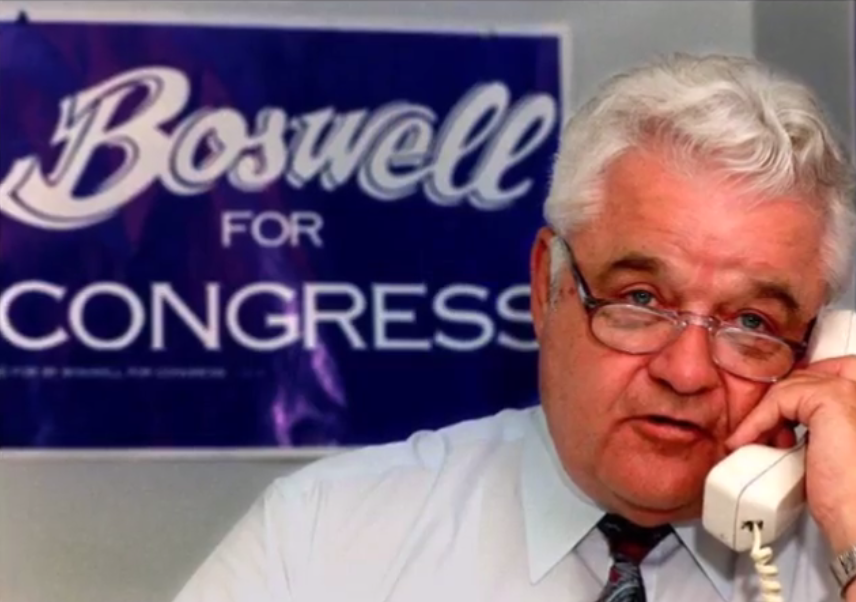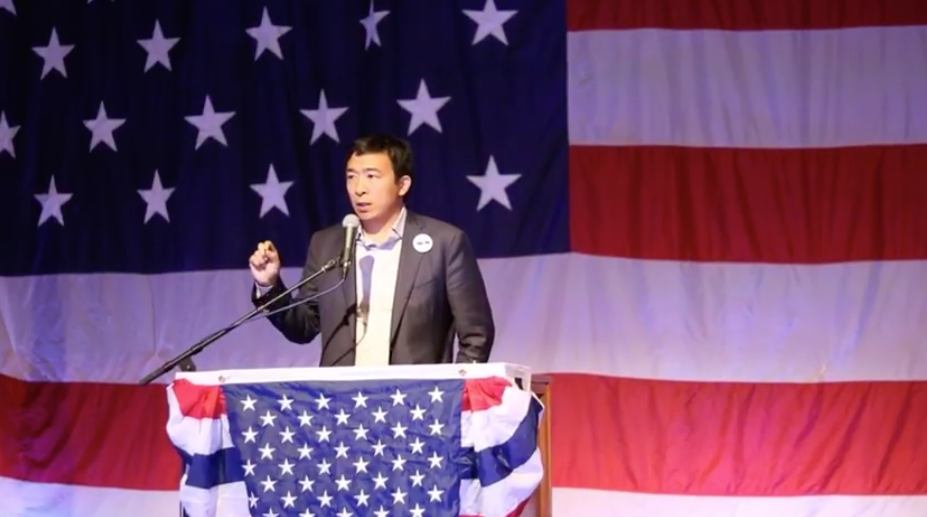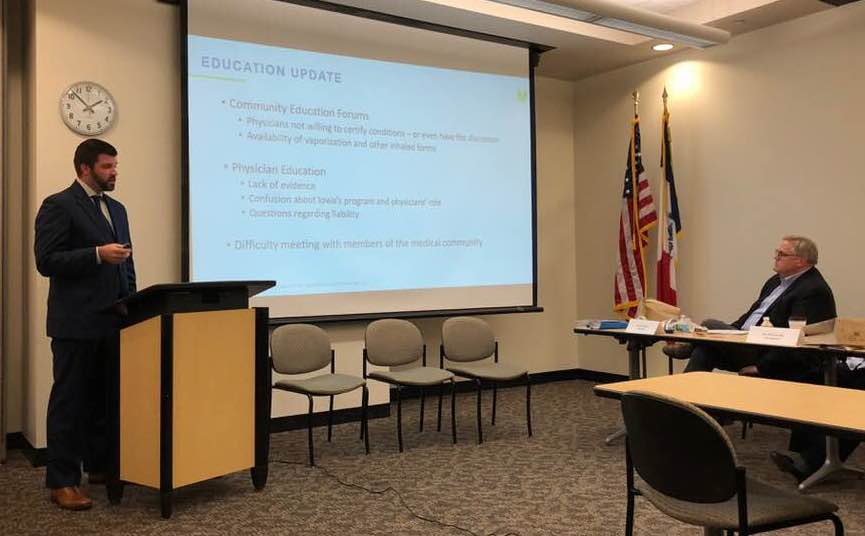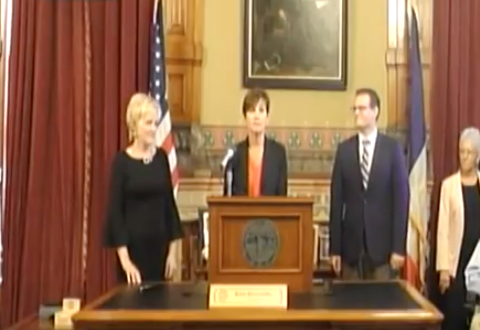Bruce Lear examines some common mistakes by school districts “that help the critics take aim, fire, and reload on public education.” -promoted by desmoinesdem
In sports, we call them unforced errors. In real life, we call them dumb stuff that someone thinks is a good idea. I’m talking about decisions that, when implemented, leave most people scratching their heads wondering why we ever made that stupid choice in the first place. Yes, it’s “Monday morning quarterbacking,” but sometimes those Lazy Boy quarterbacks are right.
Like private business, public education sometimes suffers from unforced errors that make the critics howl and redouble their efforts to privatize. But remember “New Coke?” Few Americans believed the only way to solve that corporate problem was to dissolve the company and start guzzling large quantities of another brand. Instead, the problem was quickly fixed by going back to the tried and true recipe, and “New Coke” became a footnote on bad decision making. The company learned from the mistake.
Because public education is now under heavy fire from the likes of Secretary of Education Betsy DeVos and her disciples, it’s hard for school leaders to look inward, examine some of their own mistakes, and find ways to avoid repeating them.




















